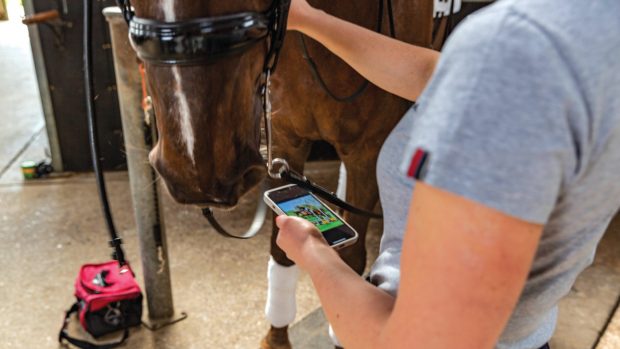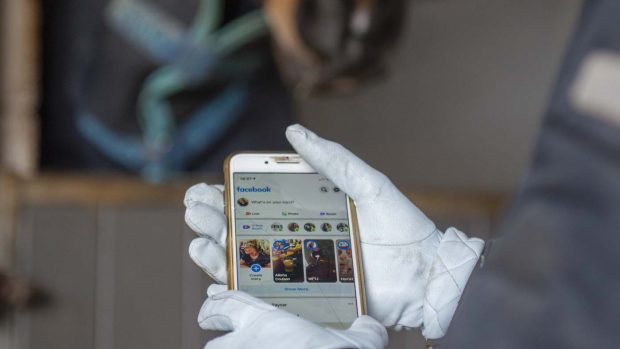Caveat emptor — let the buyer beware — is more appropriate for buying horses than almost any other purchase. As well as the difficulty of assessing whether the horse suits you and your purpose, a small proportion of unscrupulous vendors use “scams” to bump up prices and pass on unsuitable or downright dangerous animals.
Examples of common scams include:
- horses that are not the “owners” to sell
- a long journey to see a horse that has already been sold
- the seller taking a “finder’s fee”
- the horse not being as advertised
- horses being doped
- the seller offering false references
Although some of these examples may sound a little far fetched to first-time buyers it can be all too easy for people to be taken in by sellers who appear incredibly trustworthy, as the case studies in this week’s issue of Horse & Hound demonstrate. In one case an owner got a nasty shock when she traced her new pony’s history.
Check out the facts
Sadie purchased Winnie, a 20-year-old show jumping pony, from a local equestrian centre. The owner of the equestrian centre had traded a child’s first pony for Winnie the previous year, and was told by that vendor that the pony had jumped under BSJA rules. She traced the person who had originally registered the pony via the BSJA, and passed these details on to Sadie.
“I wrote to Winnie’s original owner and was horrified to find that she had never sold her — she had only loaned her to the person who sold her on.
“I don’t blame the person I bought her from and she’s a great pony — but I was very concerned that her original owner could take us to court to try to get her back,” says Sadie.
Happily, Winnie’s original owner is just relieved that her pony is safe and well, but this is not always the case, and as well as losing the horse or pony, you may lose all the hard-earned cash you paid for it.
How to avoid this
With a registered horse, you can check with the appropriate sporting or breed organisation that the vendor is its current owner — this will be easier if it is currently competing.
If the horse has a passport or vaccination certificate, this should also give the owner’s name.
Contact the BSJA (tel: 02476 698800), British Dressage (tel: 02476 698839) or British Eventing (tel: 02476 698856).
| For more real life examples of individuals who were caught up in sellers’ scams see this week’s issue of Horse & Hound (4 September).
click here to subscribe and enjoy Horse & Hound delivered to your door every week plus you will receive 19 issues absolutely free! |



